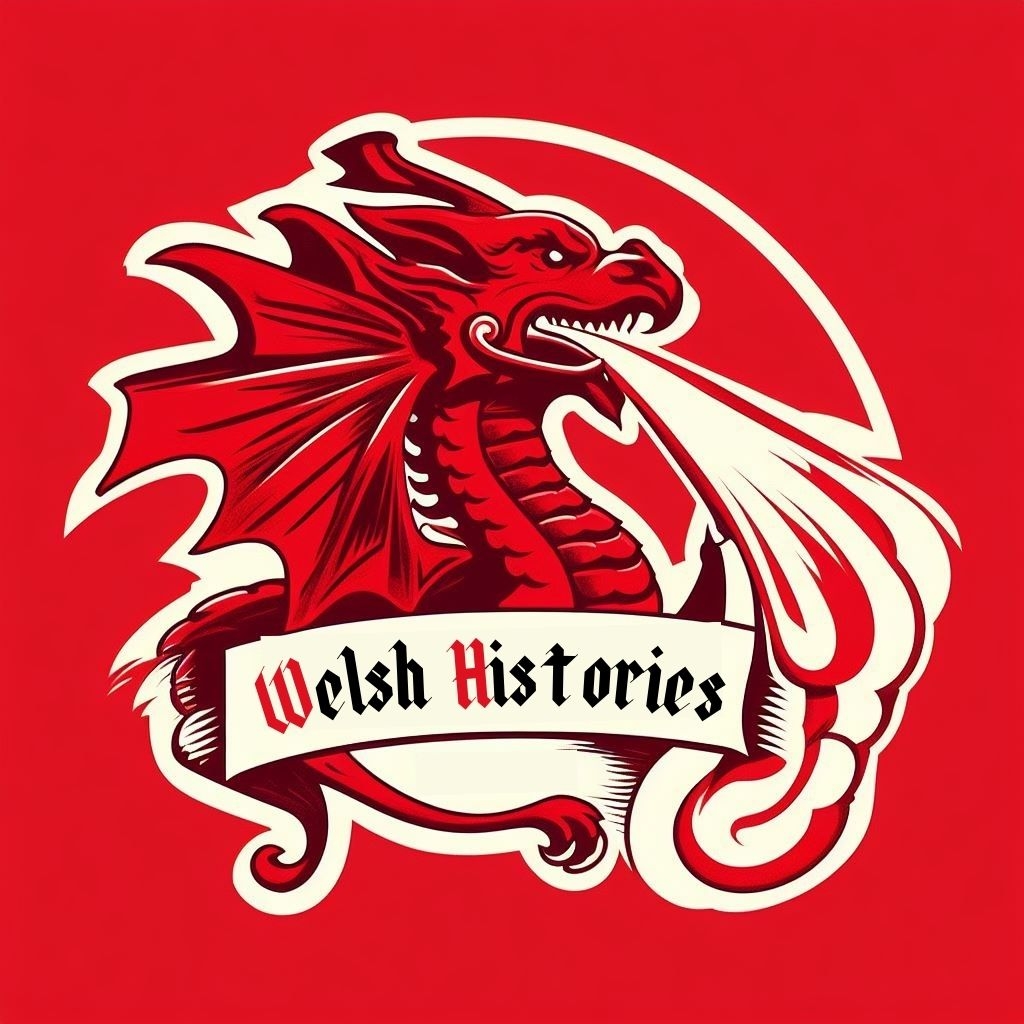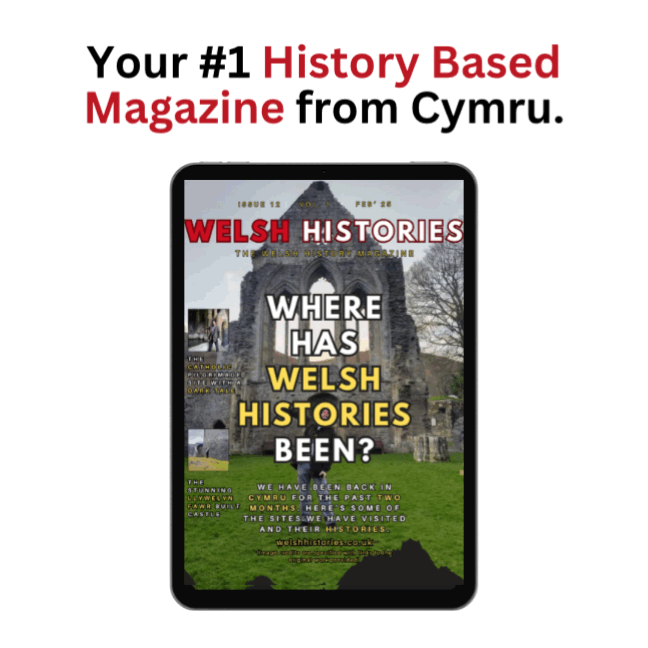Your basket is currently empty!

A Cymro Abroad – The Rise of International Cymru
This is a blog post from our guest writer, Nathan Jones. It chronicles some of his time living as a Cymro Abroad in the likes of Qatar and Australia.
A decade ago and eight months into a seven-year stint of living in Melbourne, Australia; I wrote about being A Cymro Abroad and how it felt at that twist of my life.
Naturally, having survived the global lurgy and returned not to
Wales but to London, four years ago – a review by the same Cymro, living less distant from the home land seemed somewhat logical. While still on a bit of an adventure at that particular time, plus not having quite entered the gateway to decrepitude via turning forty just yet, there was a level of
fading energy still within the travelling soul. Fading, but still a reserve of keenness to discover.
Of course, now that the countdown to full-blown official creakiness is fully underway – and less than a year away, kindly excuse (or understand) the weather-beaten Welsh sarcasm which has, in parallel, bulged within these ageing cells and stubbornly undiminishing stomach. Ten years ago, the global
aspect toward ‘Cymru fach’ was still one of relative ignorance and unfamiliarity to many on the other side of the channel, into Europe. Some things haven’t changed a great deal – while world geography hasn’t to my knowledge been launched as a subject into schools in the North Atlantic – certain occurrences have pushed knowledge of Wales further into international awareness.
A New International Prominence
Some of these happenings, as a foreigner abroad, brought the most unexpected, yet profound joy over the course of the last ten years, which only happens in rare circumstances such as sporting arenas. Culturally, these have only positive repercussions for the Cymry wherever they may be.
Growing up a passionate sports fan, seeing my country reach the finals of a major football tournament was a vision which I’d resigned to possibly never realising. Not only did we shake up the planetary brain cells and had people realising that there was a place – an actual nation – which wasn’t a large sea creature but we did it in style in 2016, reaching the European Cup semi-finals with some lifelong memories to treasure. The less said, the better about the Copa del Corrupcion in my old habitat of Qatar in 2022.
Grand irony became almost painful, with the fact that I had sworn to boycott the FIFA World Cup when they were “handed” the 2022 tournament while I lived there in 2010 – and the inhuman practices I had witnessed on a daily basis while there for four years had rooted my own personal values in the “no
chance” stable of supporting such a base, backhanded event. The Welsh team qualified, which was an achievement. But I could not become involved physically or emotionally with that six-week travesty having seen the treatment of third world workers while there.
Nevertheless, in the past decade we have seen small gates open for the world’s smaller nations. However people perceive technology and its unstoppable surge in lifestyle control this century, access to information is one tool which does aid learning about lesser-known topics. Such as the fact
that to people who live in vast land states such as Australia – and are further away from other states than Wales is from Greece (Melbourne to Perth is equidistant as a flight as is Cardiff to Athens) – smaller nation states do exist and are not all-consumed by ancient monarchies! The scattered jigsaw
which constitutes Earth and its people has – in a modern, surreal way carved an even more dramatic design of awakening interest in the more ignored corners of the British Isles.
Following in the footsteps of Hollywood A-list actors such as Richard Burton, Catherine Zeta Jones and Anthony Hopkins, the developed emergence on large media scales of Luke Evans, Matthew Rhys, Rhys Ifans and Taron Egerton to name a few; in conjunction with rising stars regularly sighted on the now-subscription-based television culture, meant that awareness of Wales is now less uncommon in developed lands than previously, this century.

How Renowned is the Welsh Accent?
However, one test I would love to try would be to see if awareness of a Welsh-rooted accent is as identifiable as megastars who hail from Cymru. Since I wrote the first article, I worked as an ‘emergency’ or ‘supply’ teacher as we would call it in Britain; across many schools in Victoria. This was one experience which had the word “perplexing” as its tag, due to inherent ignorance. While we, as Welsh folk would never have the same global and cultural infiltration as our Gaelic neighbours from Ireland (you’d never expect to see a Welsh pub in every major city in the developed world, neither would you expect people across the planet to find an excuse for getting blind drunk on the first of March, while drinking Brains’ Bitter); but you’d think that in English-speaking Commonwealth countries such as Australia – that a bit of nous about other Commonwealth accents would be somewhat available.
Particularly as the Prime Minister until that previous year, Julia Gillard – had
been born in Barry, South Wales. Not the case. As I traversed between schools from 2014 to 2015, the question – or accurately, the statement; became repeated at almost every staff room. “You must be Irish…” After my swift eyebrow raise, then “err…no”, the follow-up guesses were as absurd as they were seemingly programmed into the minds of those who were paid to teach at those schools.
“English?”
“No.”
“Scottish?”
“No.”
There was almost always (in fact I cannot remember an occasion where there wasn’t) a noticeable pause to think of an alternative national accent after the third refusal. A bit like the regular options of drinks on a non-craft beer bar had run out. No Heineken? No Amstel? No Stella? What would they choose next? That, was the 64-cent question. Given that Australia’s coins were redundant and even a decade ago, nobody ever received change in coins – the value of that same, repeated question equalled the depth of its source’s knowledge, each time. Dim byd. On the occasions where the next guess was “Canada”, or “Sweden” and even “Germany” was thrown in once (must have been the tall blonde effect rather than speech recognition) – I began wondering whether the Aussie approach to school curricula matched that of America’s – in regard to geographical learning.
Only on a few occasions did anyone identify my accent as being Welsh. On each occasion, that person correctly guessing either had Welsh heritage, had travelled through Britain during their lives – or had watched Gavin and Stacey once or twice.
After the first half-dozen eyebrow raises, I think my response switched to a deep breath, or blurted “No, I’m Welsh”. Previously, I had seen some indication of actual interest on the teachers’ faces, so I entertained the guessing game. Yet, it was dependent on how far I had driven to reach each school
(as the awkward routes in reaching newly-constructed suburbs such as Caroline Springs or Werribee could take anything from thirty-five minutes to ninety minutes) and how much patience remained after driving with a glitchy Google Maps. Even before the start of a school day in a career which would
soon end, when that same, repeated statement of “You must be Irish” was delivered – could determine the depth of breath I inhaled. 8.50am often felt like 2.30pm. Needless to say – supply teaching in a Cymry-neutered region, didn’t last longer than around fourteen months. I’d like to hope that in 2024 – it could be a more positive conversation about nationality held in those staff rooms.
The Waves of Change
As for living in the “big smoke” as a Cymro – well, that is coming to an end. After four years of watching a multicultural part of South East London become more and more “conquered” financially by the more privileged, ousting the vibrant mixture of internationalism as it were; another relocation beckons.
It could be argued that living through the ages of change from eighties Wales, to a more cosmopolitan age in the noughties; living abroad in completely abstract backdrops and back again – that one thing which never ceases to change the world, for good but mostly for bad reasons – is money. I find myself almost as bewildered by those assuming my nationality in those Victoria schools – as I do, having met people in the past four years around London, asking “would you not move back to Wales?” While the only real, contextual response is “Have you recently visited Wales for a considerable period of time?” While I still have family and friends there, working opportunities and culture – for me, have not been abundant and have become fewer over my adult life. You would only have to read up on current governmental support for arts and culture across Britain to see that this is the nadir of expression’s value in the past forty to fifty years.
Having grown up on the south coast in Llanelli, forty years ago; the epic shutdown of industry and workforce alienation was only beginning. With coalmines situated in the surrounding vales and hills to the town having all been closed by the government, the factories were next in the firing line. As a
hugely efficient steel manufacturing base with car metal as one of its biggest exports in the twentieth century, it was still a spirited and dynamic town. Even twenty-five years ago there was a nightlife culture and some determination and belief around the town. One irony in this consideration is that the town centre, once alive as a social hub – was fragmented and closed, replaced by an out-of-town industrial shopping centre experience – where you would need a car to reach.
The Commercial Decimation of Home – How Independence Can Reverse the Trend
Now, the last bastion of identity and passion of the area; its rugby culture – is being malleted to its bare bones due to lack of local industry, to fund development of players and the game itself. From one of the consistent competitors in European rugby, it has become a feeder area – feeding the more fiscal and prominent teams internationally. Where once it was widely and proudly heart-upon-sleeve, now there is more of a hush among the residents. This industrial wasteland scenario is not exclusive to my home town. South Wales in general has been hollowed in its productivity due to political neglect – and beyond; towns and cities in the north of England, post-Covid and with certain clear governmental financial tendencies – are suffering. So, the view from the eyes of a Welshman, having grown up in a working-class town and not raised in entitlement; is that belief in independence – absolutely must be encouraged for a rebirth of identity and culture in the nation’s towns and cities.
The number of Welsh people living in London is almost identical to Cardiff’s actual population. Yet, in an age of an irrational cost of living where livability appears to be on a speeding train with its brakes surreptitiously removed – the balance of work and life for most is unsustainable. One characteristic
Wales can match with our Celtic cousins to the west, in Ireland; and to the north, in Scotland – and indeed for a lot of the north of England – is a welcoming, communal environment. The vastness, intensity, economy and sprawl of London will not be matched anywhere else on this island. Thus,
small businesses; trust and hwyl are what you do not find in much of London now, but what is vital in bringing what was once a foundation in our “welcome in the hillsides”.
From someone who has lived in diverse, contrasting and educative surroundings such as the strict- yet-supposedly-changing modern religious constitution of Qatar, to the bustling streets of Melbourne where Asia meets ex-colonial business – and where indigenous citizens’ rights are not supported. To a once-engaging cultural London where small businesses made turning each street corner an exciting adventure – to its now-corporate, predictable conservative investment theme park. Also, Cardiff from late nineties humdrum to its revitalised mid-2000s entity. What would make me return to my own country would be a chance to see my own people given a chance to build upon what it has always had – a beautiful land with resources capable of thriving on our own political grounds.
We have seen what it takes to function over centuries – and felt how to be manipulated. Now, if there is to be real lasting progress – we must reclaim, in our own friendly way – our own control.

Guest Writer – Nathan Jones
Nathan Jones is a much-travelled Welsh exile, having grown up in Llanelli, South Wales and studied at Nottingham Trent University and Cardiff Metropolitan University. Having worked for many years in hospitality, education and production; Nathan has a career in DJing and radio presenting, over the past twenty-six years. He has written for online music magazines and websites, as well as his own poetry and lives in South London. https://linktr.ee/nathanjonescreations
More from Welsh Histories
Welsh Histories is a Welsh history celebrating platform which looks to promote all aspects of Welsh history. Though we focus predominantly on native Welsh history, we do also share the non-native aspects from time to time. You can follow us on Facebook; Instagram or Twitter for more. A reader? We also have our very own Welsh Histories Shop where we sell our Welsh Histories Magazine. Diolch yn fawr iawn and keep enjoying Welsh Histories.

